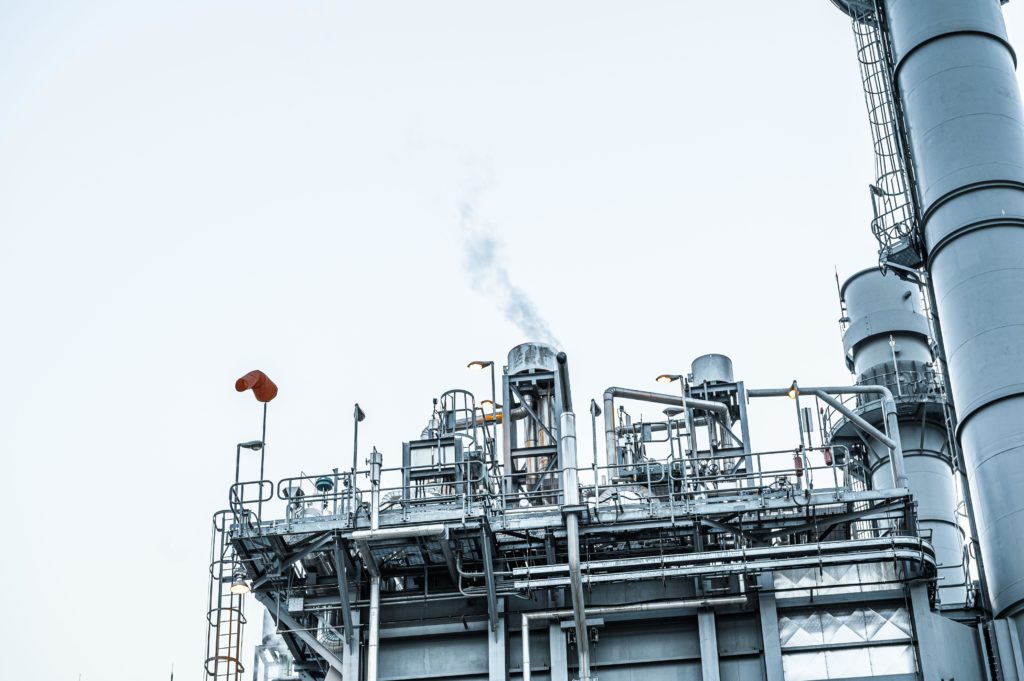BAKU
Azerbaijan increased the production of petrochemicals last year in a further move to reduce dependence on the oil and gas industry.
The carbamide plant, owned by the state energy firm SOCAR, tripled the production of carbamide to 355,000 tonnes in 2021 from 120,000 tonnes in 2020, Khayal Jafarov, General Director of the enterprise, said.
Oil and gas still account for about 95 percent of the country’s exports and 75 percent of government revenue, with the hydrocarbon sector also generating about 40 percent of the country’s economic activity, making the Caspian Sea republic particularly vulnerable to a downturn in gas and crude prices.
In 2019, the country completed the construction of three new petrochemical plants producing polypropylene, carbamide and high-density polyethylene. It also produces other petrochemicals. New enterprises have allowed the country to satisfy domestic petrochemicals demand while boosting exports. The carbamide plant produces carbamide, also known as urea, and ammonia.
Jafarov said that sales of carbamide on the domestic market amounted to 48,000 tonnes last year against 40,000 tonnes in 2020. Over 323,000 tonnes of carbamide were exported compared to 70,000 tonnes in 2020.
“Our total income in 2021 exceeded 225 million manats against 35 million manats a year earlier. This increase in exports and income is due to the increase in demand for urea on the world markets and a sharp rise in prices,” Jafarov told the SOCAR telegram channel. “In particular, if in 2020 the cost of urea on the Black Sea market was $220-230 per tonne, it increased to $750-850 per tonne by the end of the last year.”
Jafarov said that the main task of SOCAR Carbamide was to satisfy the needs of the domestic market in Azerbaijan and added that the cost of urea for local farmers remained unchanged – 420 manats per tonne (about $250).
The plant’s capacity is 1,200 tonnes of ammonia and 2,000 tonnes of urea per day (about 600,000-650,000 tonnes per year). Azerbaijan’s annual need for urea is 150,000 tonnes and the ex-Soviet country had previously been spending around $90 million per year on imports.
The main sales markets are Turkey, the countries of the Black Sea region and the Mediterranean.
The total cost of the plant amounted to 780 million euros, of which 197 million euros were funds allocated from the state budget and 500 million euros – borrowed funds. Up to 85 million euros were tax and other deductions to the budget during construction, which had been paid by SOCAR from its own funds.
Azerbaijan plans to construct a second carbamide plant with Turkey’s Tekfen in a move to boost the South Caucasus country’s potential as a petrochemicals exporter.
SOCAR’s other subsidiary, SOCAR Polymer, had also increased production last year. Total production rose 44 percent year-on-year to 205,200 tonnes, exports rose by 38 percent to 175,300 tonnes, while revenues surged by 152 percent to $258 million, Rovshan Najaf, SOCAR’s first vice president, reported.
He said that the plant was expected to increase production to 237,000 tonnes in 2022.
SOCAR Polymer includes plants for the production of polypropylene and high-density polyethylene with an annual capacity of 184,000 tonnes and 120,000 tonnes per year, respectively.

